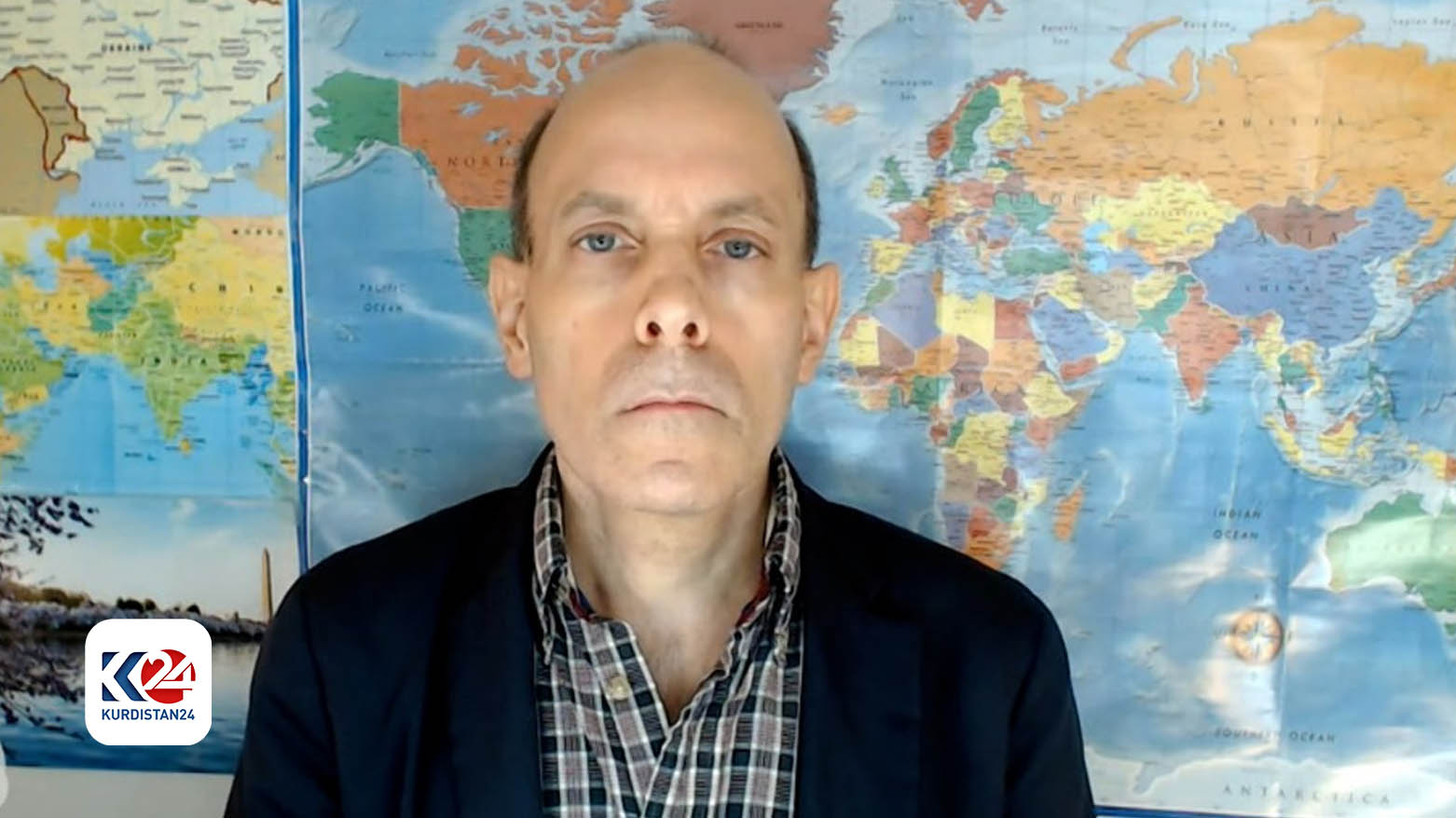U.S. sending message it will ‘punish’ killers of Americans, says Hudson Institute’s Richard Weitz

ERBIL (Kurdistan24) – Richard Weitz, a senior fellow and director of the Center for Political-Military Analysis at the Hudson Institute, on Saturday gave an exclusive interview with Kurdistan24, where he discussed Friday’s retaliatory airstrikes by the U.S. on Iran-backed militias in the region.
“The intent of the strikes is not to escalate and in fact, they want to de-escalate. The extent of the airstrikes in Syria and Iraq [...] will discourage the Iran-backed forces from continuing these attacks,” Weitz stated.
A Ph.D. graduate from Harvard, Weitz’s current research includes regional security developments relating to Europe, Eurasia, and East Asia, as well as US foreign and defense policies.
He also said that a primary message to militia leaders is that they will be "punished for killing Americans."
"The U.S. is weakening the [militias’] capacity to conduct these drone strikes and that further attacks will only bring them more harm,” Weitz continued.
The remarks by Weitz come after the U.S. launched 85 airstrikes Friday night against Iran-backed militias in Iraq and Syria. Those strikes were in response to a drone strike by the Islamic Resistance of Iraq on a U.S. installation, which killed 3 American servicemembers.
While referring to Israel, Saudi Arabia, the UAE, and the Kurdistan Region, he emphasized that “the US wants to show that it will protect its friends. The [U.S.] message is that we want people in Moscow and Beijing to see that the U.S. is firm.”
“For the U.S., well, there won't be retaliation like in 2020,” he noted, referring to the killing of Iranian General Qasem Soleimani, adding that he anticipates the U.S. “not attacking Iranian territory and probably not attacking senior Iranian leaders deliberately.”
Before joining Hudson in 2005, he worked for several other academic and professional research institutions and the U.S. Department of Defense, where he received an Award for Excellence from the Office of the Secretary of Defense.
Founded in 1961, the Hudson Institute’s initial mission was to research economic, social, and domestic issues in the U.S. That changed in 2004, when the Institute relocated its headquarters to the nation’s capital, refocusing its research on foreign policy and national security issues.
Lastly, Weitz acknowledged that the “people in Kurdistan want to keep the U.S. forces there but we know that the people in Tehran don't and so that's going to be a problem.”
